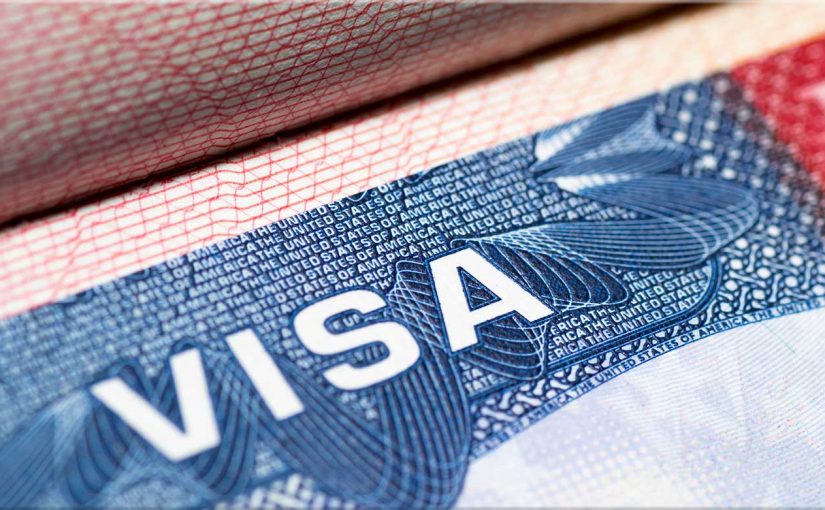
Selective Service Registration
The Selective Service System is an independent federal agency – it is not part of the Department of Defense; however, it exists to serve the emergency manpower needs of the Military by maintaining a list of young men to provide manpower in an emergency, if directed by Congress and the President in a national crisis. Its mission also includes being ready to administer an alternative service program, instead of military service, for men classified as conscientious objectors.
If you are a man ages 18 through 25 and living in the U.S., then you MUST register with Selective Service, even if you do not have legal status. It’s the law. You can register at any U.S. Post Office and do not need a social security number. When you do obtain a social security number, let Selective Service know.
Be sure to register before your 26th birthday. After that, it’s too late!
Selective Service does not collect any information which would indicate whether or not you are undocumented. You want to protect yourself for future U.S. citizenship and other government benefits and programs by registering with Selective Service. If you do not register, you could be deported or denied U.S. Citizenship. If you are a man who is not registered with Selective Service, do not submit your application for citizenship without consulting with an attorney.
The office of Jeanne Morales, Esq. will assist you at no charge to register with Selective Service to help you comply with the law. Simply call our office at (432) 242-5949, and provide a few pieces of information. We will handle the rest.
U.S. Tax Returns
For non-citizens (including green card holders) in the U.S. legally, failing to properly file and pay income taxes could lead to deportation or other criminal sanctions. Paying income taxes are an important step in the process of becoming a legal permanent resident or a U.S. Citizen. This is true more than ever, as the U.S. Congress is likely to debate changes to immigration law this year. For individuals without legal status, filing tax returns could be a way to prove residency, show that a person was working and demonstrate the “good moral character” – all likely to be requirements under an amnesty plan or other immigration reform. Some proposals specifically say illegal immigrants would have to pay back taxes before they could begin a legalization process.
“But how do you report income and file tax returns without a valid social security number?” you might say. The answer is that you can use an Individual Taxpayer Identification Number (ITIN). “But if I apply for an Individual Taxpayer Identification Number and file my tax return, I might be deported, right?” Not likely – under the Internal Revenue Code 6103(i), the Internal Revenue Service does not routinely share information on taxpayers with other federal officials for criminal investigation. There are individuals without legal status who have been filing their income tax with an ITIN for decades.
An Individual Taxpayer Identification Number is a tax processing number issued by the Internal Revenue Service (IRS). It is a nine-digit number that always begins with the number 9 and has a 7 or 8 in the fourth digit, example 9XX-7X-XXXX. The IRS issues ITINs to individuals who are required to have a U.S. taxpayer identification number but who do not have, and are not eligible to obtain a Social Security Number (SSN) from the Social Security Administration (SSA). ITINs are issued regardless of immigration status because both resident and nonresident aliens may have U.S. tax return and payment responsibilities under the Internal Revenue Code. ITINs are for federal tax reporting only, and are not intended to serve any other purpose. An ITIN does not authorize work in the U.S. or provide eligibility for Social Security benefits or the Earned Income Tax Credit. ITINs are not valid identification outside the tax system. The IRS issues ITINs to help individuals comply with the U.S. tax laws, and to provide a means to efficiently process and account for tax returns and payments for those not eligible for Social Security Numbers.
Need another reason to get an ITIN and properly report your income? Nearly 79 percent of the 353,000 returns filed for 2000 with an ITIN number generated refunds. The average refund was $942, according to the study released in 2004 by the Treasury Inspector General for Tax Administration.
If you have previous years that you did not properly report income, then it is essential to visit an attorney or a certified public accountant to help guide you through the process of reporting previous year’s income and obtaining an ITIN. This can be done throughout the year, not just during “tax season”. Do not delay in seeking help; with changes to U.S. immigration laws looming on the horizon, you need to take action before the system is flooded with people trying to make up for lost time.
Disclaimer:
This information is a general summary, and there may be exceptions or additional requirements that apply in an individual case. Information is given for demonstrative purposes only, and should not be relied on without consulting an attorney. Specific advice can only be given by an attorney who is familiar with facts pertinent to a specific case.

